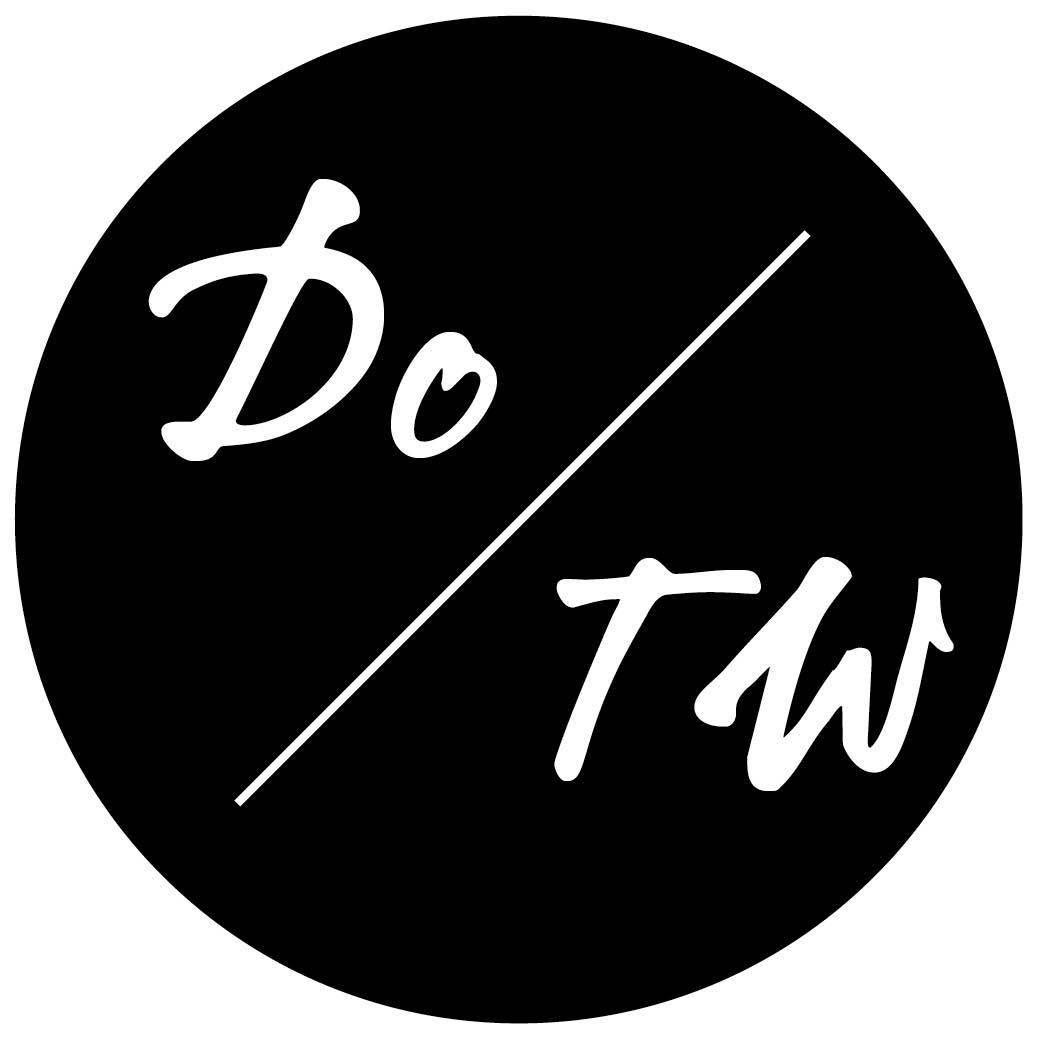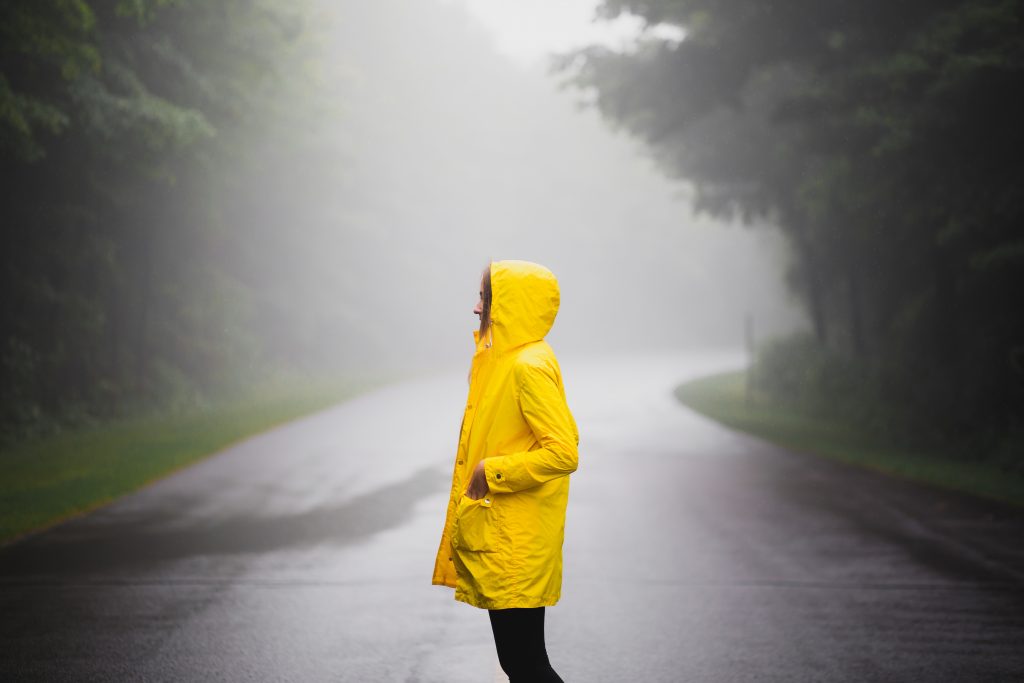How to Rain the Right Things on Your Business, Elizabeth Gilbert and Hamilton-Style
I remember watching Elizabeth Gilbert take the stage and address two very different–but incredibly impactful–topics: the loss of the love of her life, and the conversation that set her on track to be the creator she is today.
While some of us come to the writing profession later in life, she knew her commitment young, and created a sort of priestly vow-like ceremony for herself as a child to pledge her formal commitment to the craft.
But in her twenties, when she was in New York working three jobs and living in a crappy apartment wondering when her dream writing life would start, a fabulous artist she followed around like a baby bird that imprinted on a human as its mother gave her a talking-to that changed everything for her.
“What are you willing to give up to have the life you keep pretending you want?” the artist said.
Liz was offended and hurt and said that she was categorically not pretending. “When I talk to you, every minute of your time and energy is going into something else,” the artist continued. “Everyone has three jobs, did once or will again. That’s not where I see the drain.”
“What’s your favorite television show?” the artist asked.
“Seinfeld!”
“Wow, it must be nice to have free time to watch recreational television,” the artist said, as she continued to question Liz about her favorite books, and magazines in a similar fashion (shade included).
“I heard you say that you just went to brunch with your friends yesterday and that all of your friends are pooling money to get a house on the beach for a week,” the artist said as she went in for the real sting.
“You’re not going. You’re going to stay in your stinky apartment in this hot city and write, because Liz, [this was the first time Liz even realized the artist knew her name], we’re not going to have this conversation again.”
And that wasn’t even the end of it.
Liz replied, “I think what I hear you saying is that I have to start saying ‘no’ to things I don’t want to do.”
“It’s so much worse than that,” the artist responded with a smile. “You have to start saying ‘no’ to things you want to do. You have to do some serious triage.”
“There’s this myth out there that when you start saying ‘no,’ and come into your own being, people will like you more. But they’re used to you saying ‘yes’ to them. You will lose a lot of people who will not like you because you aren’t giving them what they want because you’re choosing what you want.”
“When you say ‘no’ to stuff that you do want to do, and that’s when I’m going to start taking you seriously as a creator.”
Discover More Inspiration:
- What You Do 60% of the Time is What You Do
- Why Do We Avoid the Simple, Easy Steps that ACTUALLY Move Us Toward Our Goals?
- You Only Get One First Impression-How Not to Botch It
Making your dreams happen is never impossible. It’s just incredibly hard, uncomfortable, and painful some of the times. And that means you have to give up other things that you want a lot of the other times.
But this talk about priorities that Liz had with her artist mentor implies wielding choice in situations where you can see (or become aware of) the options.
Something I see time and time again are situations where you (and we, and I) don’t feel like we have options. Where the circumstances make us blind to them and feel choice-less.
I remember being in the middle of a long and hectic but important trip, taking in events and meetings that were going to lead down the line to things that I was very excited to bring to all of you.
However, it began with me losing a critical virtual assistant, getting a flat tire in the rain on a four-hour drive after three days of already grueling non-stop meetings, and finding that my computer had taken to shutting off suddenly and losing everything that I was working on for no reason, and that I was not anywhere long enough for an entire month to get it fixed.
I have spoken or emailed with many of you about very rough times you have encountered right when you set out to finally step into your business goals with your full self. There is a person I coach with who literally got a cancer diagnosis right when she was starting her coaching business and kept up her client load through her radiation.
It’s easy to say that this is hardcore or “lean in” or that these people are superheros.
But, more than anything, they are incredibly clear on what is important to them.
For the coach I just mentioned, that was creating her own flourishing business to have freedom forever. For me, it was similar though the circumstances were very much less dire in terms of choosing the future–attending the meetings with a calm business demeanor and scheduling in interviews with new support staff whenever I could–rather than ignoring that to get emails out and hold various pieces together now like a band-aid covering a wound that just won’t heal without getting actual treatment.
I have often said, only half-jokingly, to my husband that I really think I am cursed with terrible luck. When one flight is delayed, it always seems that the hotel has also lost my reservation, I have a near-death Uber ride, and my luggage is destroyed.
When it rains, it pours, right?
As a person, a traveler, a business owner how often have you found the maxim “when it rains, it pours” to be true for yourself?
I’ve always found that that saying can go both ways. It can rain ridiculous opportunities and riches, or remarkable bad luck and random disaster.
The real question is: How do you get your luck to change?
And I think Liz Gilbert’s artist mentor hit the nail on the head: Be intentional with your priorities. Make the decisions you are making. Know what is important to you, and make sure you get it. (The Hamilton song “The Room Where it Happens” is a great anthem for this…not that I’m encouraging you to spend time on YouTube ;))
Over to you now: How can you do something to make the right things rain on you? What room do you need to be in to make things happen?
Want to Expand Your Expertise on This Topic?
Check out our info-packed video courses to go in-depth and quickly skill up. People have called them “a wealth of knowledge” and “invaluable tools,” and told us “you do an amazing job of helping people,” and “I am learning more from you than any other person.”
- Live Idea-to-Pitch Collection
- How To Build Serious Business Partnerships At Travel Conferences
- How To Become Part Of An Editor’s Stable

